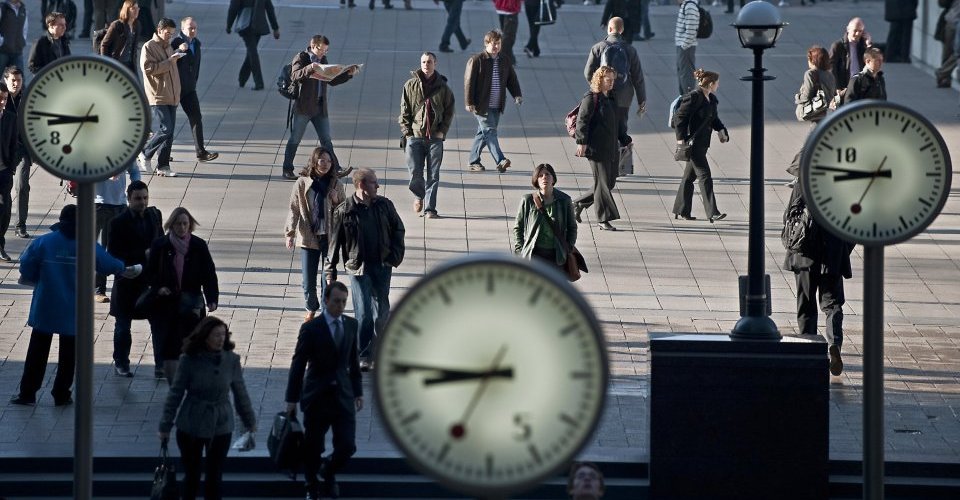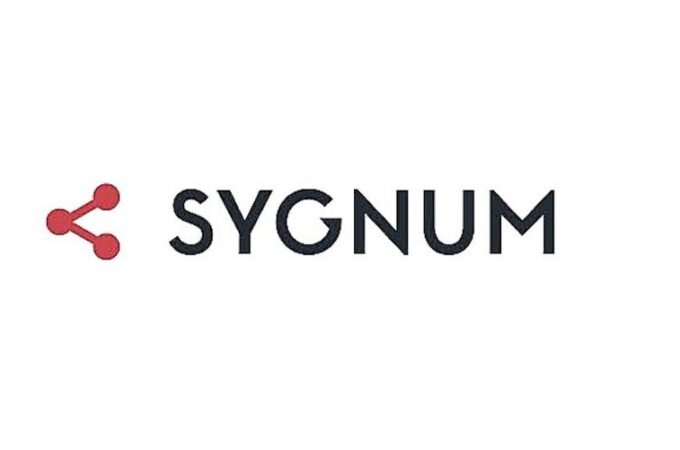
UK banks have yet to address the elephant in the room: Their current business model is unsustainable
By Bill Michael for CityAM, Bill Michael is global head of banking at KPMG
It was another tough year for UK banks in 2015, and the challenges look set to continue. Our high-street banks are at a vital juncture: they’ve survived the crisis and are now preparing for one of the biggest overhauls of UK banking we have ever known with the introduction of ring fencing.
KPMG analysis out today has found that, in 2015, across the biggest five UK domiciled banks, overall profits before tax fell by 40 per cent to £12.4bn and return on equity remains low, ranging from -4.7 per cent to 7.2 per cent. With interest rates showing no signs of rising any time soon, a potential Brexit looming, and developments in fintech keeping incumbent banks on their toes, 2016 looks set to hold its fair share of challenges too.
There is some reason for cheer. Banks are taking action to cut costs, improve their technology and to regain the trust of customers and investors. There is a strong focus across all banks on improving customer service and avoiding the mistakes of the past. After all, the UK’s five biggest banks have spent £31bn since 2010 as a result of payment protection insurance (PPI) mis-selling, in addition to the reputational damage suffered. It’s a mistake they simply cannot afford to make again.
So banks are increasingly shifting incentives on the retail side to reward good customer service over sales. This should help change the mind-set of the whole banking system, creating a more customer-centric approach and improving the culture from the boardroom to the front line of client engagement.
With limited revenue growth opportunities, the focus on costs and quality of infrastructure appears to be one of the few critical areas within the banks’ “control”. Even so, our analysis shows that, despite the biggest five UK banks all having ambitious cost-cutting targets, ranging from £880m to £3.4bn between 2016 and 2018, little progress has been made so far. If we exclude remediation, banks’ costs only fell by 2.9 per cent during 2015.
This needs to be accelerated significantly if we are going to see a turn-around in profitability. At the moment, “cost cutting” is actually a drain as banks need to invest now to save money tomorrow. Shareholders’ patience is wearing thin and banks need to deliver much deeper cost reductions.
Everyone is talking about fintech as a solution to banks’ many challenges and indeed it does hold great potential. But there is no magic wand – improving existing systems and finding the programmes of tomorrow will take serious investment, expertise, and time, but above all regulatory consent.
While all banks are investing in technology, there’s no clear reporting on how much or where their investment is going. If we are to see real progress in fintech, I expect that much more detailed strategies and investment plans will need to emerge over the next year. Investors will demand it.
At a micro level, the challenges and opportunities are well understood. But 2015 has exposed the elephant in the room – the current bank business model is not sustainable given the current domestic and international economic circumstances.
Bank stock prices have taken a hammering and it’s not immediately clear how they will consistently recover the cost of capital and trade well above book value.
In a classical economic world, any major listed company would have been taken over, split or fundamentally restructured if they struggled to recover the cost of capital for this long. But of course we do not live in an “efficient market” world. This is most obvious and acute in the banking sector. We have not solved too big to fail and the primary measure of risk, interest rates, are subject to sustained global manipulation by major countries. Very low and negative interest rates are toxic to the financial sector.
Looking forward, a lot will depend on how long investors are prepared to join many central bankers and “kick the can down the road”.
First appeared at City AM





